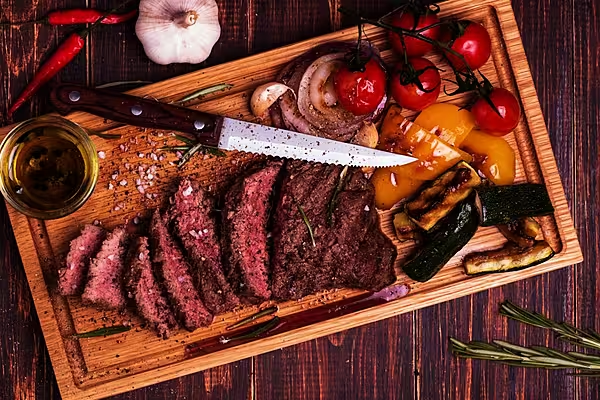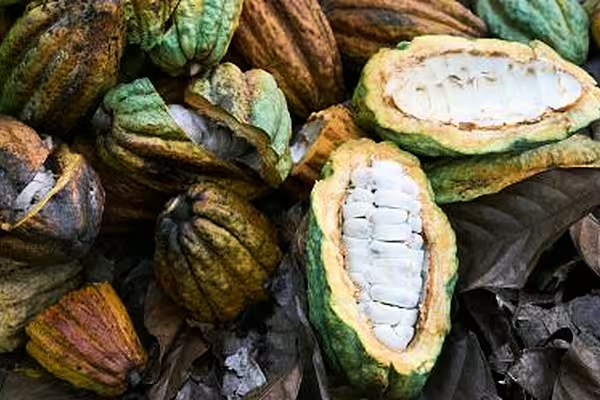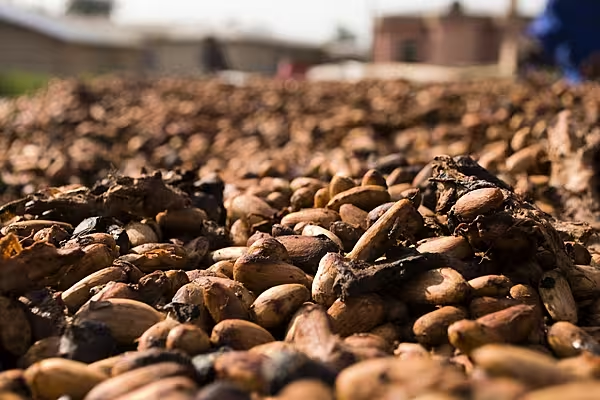Brazil's famous barbecue is getting more expensive as Chinese demand is increasingly swallowing up the country's beef supply, pushing Brazilian cattle prices to a record high.
China's hunger for foreign meat has shot up as an outbreak of African swine fever has decimated its domestic pig population and has sent it looking for substitutes. Chinese imports of Brazilian meat are up 23.6% for January to October against the same period last year, meatpackers association Abrafrigo says.
Wholesale beef prices in the greater Sao Paulo area have consequently hit an all-time high of 13.9 reais per kilogram ($1.50 per pound) this week, according to University of Sao Paulo's Cepea research center, a benchmark think-tank.
That's feeding through and having an impact on consumer prices.
Beef prices have risen 36.4% this year in São Paulo, the biggest consumer market, to 14.69 reais per kg on Wednesday.
"Meat (prices) will continue to rise and this will pose a challenge for the housewife," said Andre Braz, an economist with the Getulio Vargas Foundation, a Brazilian university.
"When beef rises, other meats also rise ... it's a question of substitution," he added.
"Thirteenth Salary"
The price hike comes as Brazilians are set to receive their so-called "thirteenth salary" ahead of the Christmas holiday that is expected to push up domestic demand for meat in spite of high prices, further tightening the market.
"How can you tell someone not to celebrate the end of the year?," Braz said.
China has actively sought to import more meat from Brazil, licensing 24 additional beef plants for export since the start of the year. Only 16 were permitted to do so at the start of 2019.
"We knew that there would be big demand for cows to slaughter, but not of this magnitude," said Péricles Salazar, president of Abrafrigo. "The number of companies licensed by China was really significant."
Total Brazilian beef exports in January to October were 1.5 million tonnes, 11% higher than in 2018, and those to China were 23.6% higher at 320,000 tonnes in the same period.
The weakness of the Brazilian real currency, at nearly 4.2 reais per U.S. dollar, is also encouraging exports.
Shrinking Margins
Salazar said that those meat packers who did not get licenses to export to China are seeing their margins shrink as other export destinations are not offering similarly high prices.
He said the industry expects even more meatpackers to be licensed to export to China yet this year.
Salazar and Braz said the market cannot sustain such high meat prices forever.
Braz predicts that meat prices will start to go down in February or March, provided there are normal weather conditions for grazing pastures and the cattle supply is seasonally higher.
News by Reuters, edited by Checkout. Click subscribe to sign up for the Checkout print edition.









